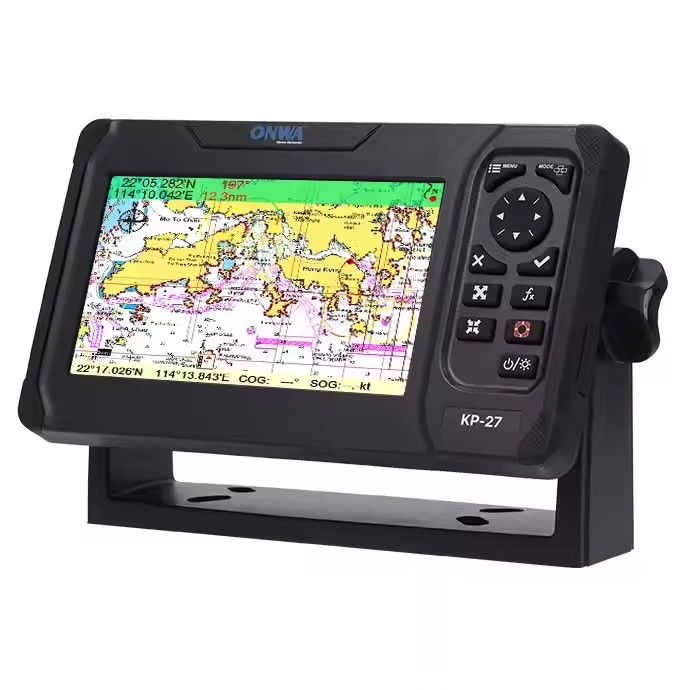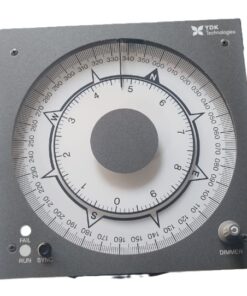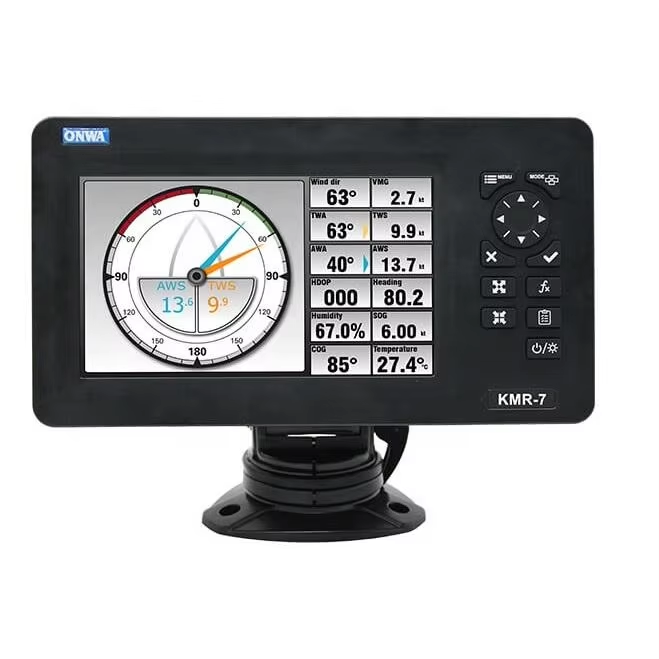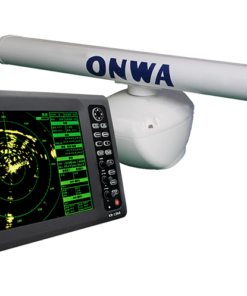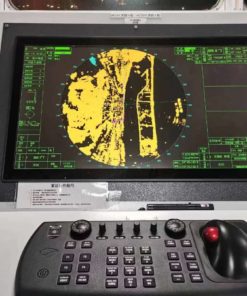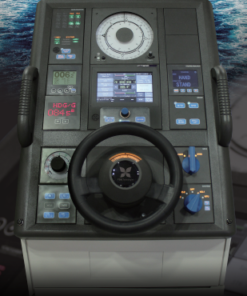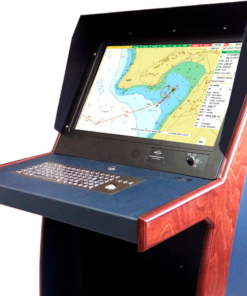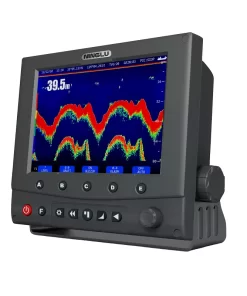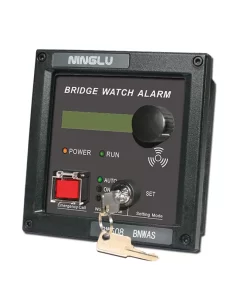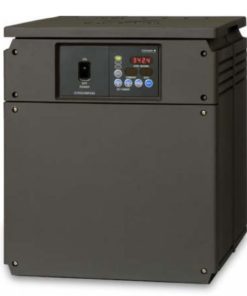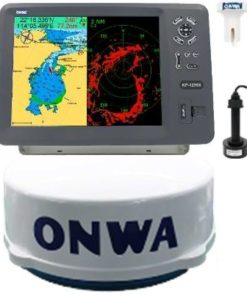Current meters
Current meters, also known as current sensors or flow meters, are instruments used to measure the velocity and direction of water currents in bodies of water such as oceans, rivers, and lakes. They are essential tools for hydrological and oceanographic studies, environmental monitoring, and various maritime applications. Current meters utilize different principles to measure currents, including mechanical, acoustic, electromagnetic, and Doppler techniques. Mechanical current meters typically consist of rotating vanes or impellers that directly measure water velocity. Acoustic current meters use sound waves to determine current speed and direction. Electromagnetic meters rely on the interaction between water flow and magnetic fields, while Doppler current meters measure the frequency shift of reflected signals from moving water particles. These instruments provide valuable data for understanding ocean circulation patterns, tidal currents, and the movement of pollutants or sediment in water bodies.


